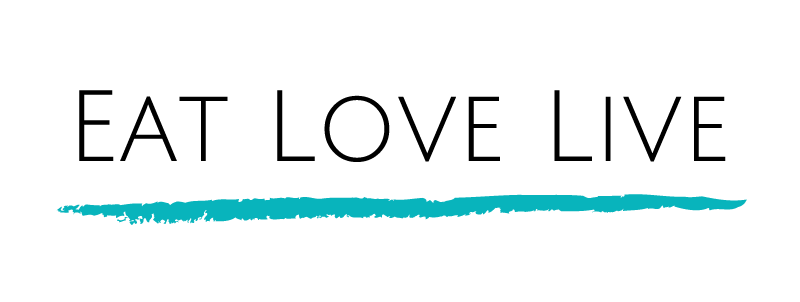Big win for families and individuals living with autism or a disability — Medicare is now helping cover the cost of seeing an accredited dietitian as part of your care team. (Please note that support from a Physiotherapist like Bec Gawler at Eat Love Live is also able to be accessed under this plan!)
As of 1 July 2025, dietitians are officially included in the Medicare Benefits Schedule (MBS) M10 services. That means for those under 25 that are navigating a complex neurodevelopmental disorder (like autism) or an eligible disability, you may now be able to access Medicare-funded appointments with a qualified dietitian.
The M10 plan from Medicare is for eligible patients with complex neurodevelopmental disorders (CND) (Autism) and eligible disabilities, specifically for those under 25 years old.
Eligible Disabilities:
- Vision impairment (less than or equal to 6/18 vision)
- Hearing impairment (40 decibels or greater loss)
- Deafblindness
- Cerebral palsy
- Down syndrome
- Fragile X syndrome
- Prader-Willi syndrome
- Williams syndrome
- Angelman syndrome
- Kabuki syndrome
- Smith-Magenis syndrome
- CHARGE syndrome
- Cri du Chat syndrome
- Cornelia de Lange syndrome
- Microcephaly
The M10 Medicare plan and referal need to be developed by a GP, Paediatrician or psychiatrist and the referal lasts for 18 months from the time it is created.
-
- A maximum of 20 services can be claimed per patient per lifetime, including services consisting of any combination of 82015, 82020, 82025, 82035, 93035, 93036, 93043 or 93044 (These are across a range of allied health providers)
- A course of treatment means up to 10 treatment services. (After a maximum of 10 session the clinician needs to do a report back to the referer. A second referal can be generated to allocate up to a maximum of 20 sessions per lifetime of allied health sessions)
- Up to 4 of these services may be provided to the same patient on the same day.
- It is the responsibility of the referring eligible medical practitioner to allocate these services in keeping with the patient’s individual treatment needs and to refer the patient to the appropriate allied health professional(s) accordingly.
Within the maximum service allocation of 20 services for the treatment items, the eligible allied health practitioner/s can provide one or more courses of treatment. A new referral is required for each new course of treatment (up to 10 services). The amount of services in each course of treatment is determined by the referring eligible medical practitioner. The referring eligible medical practitioner should review the written report provided by the eligible allied health practitioner after completion of a course of treatment and prior to referring for a subsequent course of treatment.
Medicare Benefits Schedule - Note MN.10.2
What does this mean?
Dietitians do so much more than help with "healthy eating." When it comes to autism and disability, they play a key role in supporting:
-
Feeding challenges
-
Sensory sensitivities to food
-
Gut health and digestion
-
Growth and nutrient needs
-
Energy regulation and mealtime routines
Now, with Medicare support, getting this expert help is a little more affordable and a lot more accessible.
Who can refer you to a dietitian?
You’ll need a referral to access these Medicare-covered sessions. Here's who can help:
-
Paediatricians, psychiatrists, and specialist consultants — for individuals with autism or an eligible disability
-
GPs — for individuals with an eligible disability
These referrals allow a dietitian to:
-
Contribute to your diagnosis or understanding of the condition
-
Work with your care team to create a tailored treatment and management plan
-
Provide nutrition therapy based on your individual needs
What services are covered?
Under these changes, Medicare now helps pay for dietitians to support you with:
-
Assessment sessions (in person or via telehealth):
Understanding your needs and contributing to your overall diagnosis and care plan
(MBS Items: 82030, 93033, 93041) -
Treatment sessions (in person or via telehealth):
Ongoing nutrition support based on your care plan
(MBS Items: 82035, 93036, 93044) -
Team care planning:
Dietitians can now be part of case conferences with your broader healthcare team
(MBS Items: 82001, 82002, 82003)
Why this matters
For so many of our beautiful clients at Eat Love Live, food is about so much more than nutrition — it’s about safety, routine, joy, and connection. These new Medicare changes mean more families can access expert help without the financial burden.
Whether your child is navigating food aversions, or you're trying to optimise nutrition through a disability or diagnosis, you don’t have to do it alone — and now you may not have to pay for it all, either.
Not sure if you're eligible?
Chat with your GP or specialist. If you or your loved one has autism or another eligible disability, they can walk you through the referral process.

